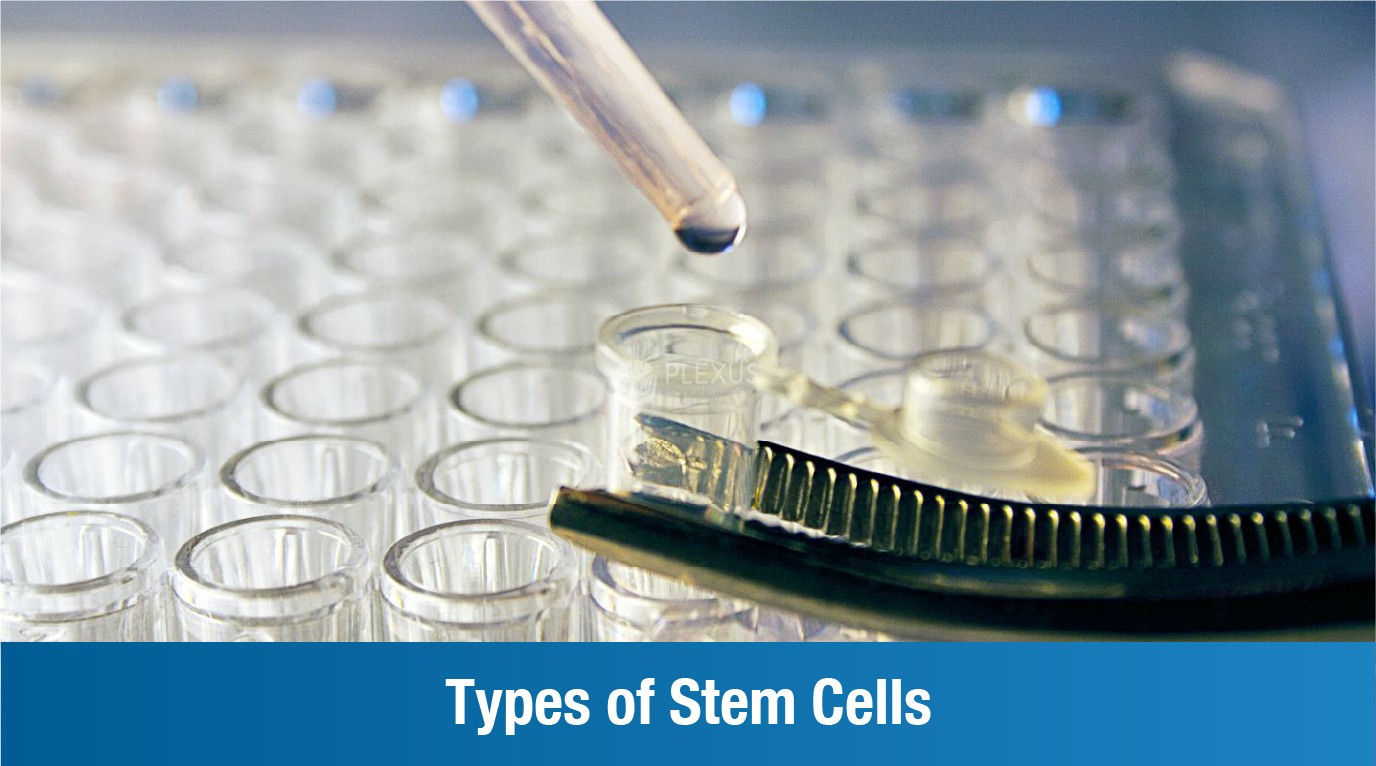
The more we read about Cells the stronger is our belief that it might be the answer to so many medical conditions. Used in Cell therapy ( regenerative medicine), Cells help in repairing or restoring function of damaged, dysfunctional, and/or injured tissue.
As India’s first ISO-Certified Cell research center, Plexus offers a wide range of regenerative rehabilitation programs for neurological diseases like MND, Parkinson’s, ALS, Multiple Sclerosis, Spinal Cord Injury, and so on.
Through this article, we will help you understand Cells and their role in regenerative medicine.
What are Cells?
Cells are progenitor cells that can transform and/or multiply into specialized cells.
Through a laboratory procedure known as differentiation, Cells procured from one part of the body can become/grow into other kinds of cells.
Cells are the very foundation of every tissue/organ in the human body. The cells in our body have specific roles and functions. Cells, on the other hand, are undifferentiated cells that can turn into specific types of cells that our body requires.
Types of Cells
Embryonic Cells (ESCs)
Also known as pluripotent Cells, ESCs are derived from the inner cell mass of an embryo in its early stages of development. These cells are usually grown in laboratory conditions. ESCs are derived from unused embryos that are from an IVF procedure. The embryonic Cells are pluripotent, meaning they are unspecialized cells that do not have any specific characteristics like shape, or gene expression pattern. These cells can be differentiated into any cell type in the body.
Adult Cells (ASCs)
These are undifferentiated cells procured from fully developed tissues like the brain, bone marrow, etc. Since ASCs are multipotent cells, they have limited ability to differentiate into other types of cells. For instance, Cells from the liver are most likely to make liver cells only. However, these cells play an important role in maintaining the integrity of the tissue in which they are found. ASCs can be used for tissue repair and regenerative medicine.
Induced pluripotent cells (iPSCs)
These cells have been genetically reprogrammed to exhibit the characteristics of embryonic Cells. iPSCs are generated by introducing specific types of genes into adult cells. iPSCs can self-renew and also differentiate into any cell type in the body.
Since iPSCs are generated from the patient’s own cells, it significantly reduces the risk of immune rejection.
Mesenchymal adult Cells (MSCs)
These are adult Cells. They display anti-inflammatory, immunomodulatory, self-renewal, cell-division, signaling, and differentiation properties. They have the ability to divide and develop into many specialized cell types in specific organs and/or tissues. They can even become unique Cell types and can create more Cells when cultured in a laboratory. MSCs can replace cells that are diseased or damaged.
MSCs are sourced from different types of tissue, like adipose (fat) tissue, bone marrow, blood, dental pulp, umbilical cord tissue, liver, and skin.
The first MSCs were found in the bone marrow and were capable of making bone, cartilage, and even fat cells.
Mesenchymal Cell transplantation can help slow down the rate of degeneration caused by MND, Parkinson’s and other illnesses.
The classifications of Cells
Cells are classified under 5 categories according to their ability to differentiate into other cell types. The classifications are:
Totipotent – The first few cells that appear when a zygote starts to divide are totipotent Cells. They have the ability to differentiate into all possible cell types. These cells are also called omnipotent Cells.
Pluripotent – The cells from an early embryo are pluripotent Cells. They have the ability to differentiate into almost any cell type.
Multipotent – These cells can differentiate into a closely related family of cells. For example, adult hematopoietic Cells can differentiate into platelets, red and white blood cells.
Oligopotent – Adult lymphoid and myeloid Cells are oligopotent cells. They can differentiate into a few different types of cells.
Unipotent – These Cells can only produce their own type of cells. They are self-renewable and that is why they are also Cells.
ESCs cannot differentiate into cells in the placenta or those present in the extra-embryonic membrane. This is why EMCs are pluripotent and totipotent.
How does Cell therapy work?
Cell therapy makes use of the self-renewal, anti-inflammatory, immunomodulatory, signaling, and differentiating characteristics of Cells to bring about positive change within the body.
Cells can be administered in the following ways:
- Intravenous
- Intrathecal (directly into the spinal canal)
- Inject into problem areas like hips, hands, knees, etc.
Cells can turn into neurons and replace the ones lost or damaged. In this way, they are capable of restoring neural function to a point. Many patients after receiving Cell treatment have shown remarkable recovery in terms of mobility and function.
Cell therapy at Plexus
Plexus Neuro and Cell Research Centre uses autologous mesenchymal Cells taken from the patient’s own body. The procedure is conducted by Dr. Sadiq, India’s no. 1 Cell specialist, and his team of highly-skilled and experienced Cell specialists.
Book an appointment with us today.
Call +91 89048 42087 | 080-2546 0886
080-2547 0886 | 080-2549 0886
FAQs
What is the most common Cell?
Cells are most commonly found in the bone marrow.
What is the strongest Cell?
Totipotent (omnipotent) Cells are the strongest.
How many Cells are there in the human body?
Research indicates that a healthy adult human body can have anywhere between 50,000 to 2,00,000 Cells.
What diseases can Cells treat?
Cell therapy has improved the quality of life of patients suffering from conditions like diabetes, spinal cord injuries, cardiovascular diseases, osteoarthritis, Parkinson’s, and others.
Who cannot donate Cells?
Individuals who have autoimmune disorders, cardiovascular ailments, diabetes, neurological disorders, or any other health complications cannot donate Cells.










